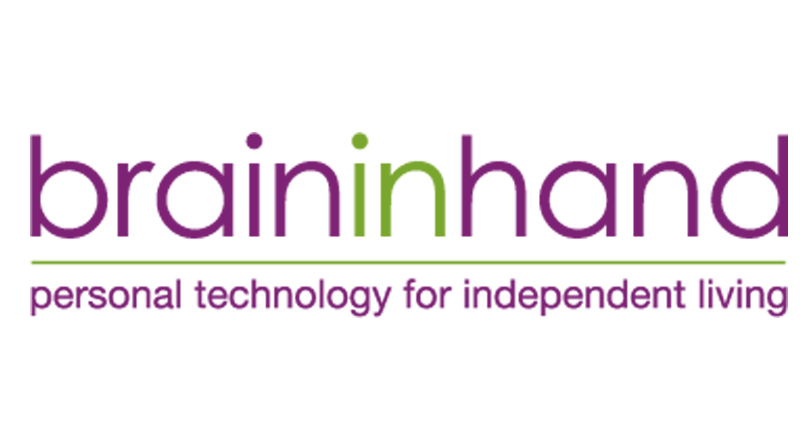Brain in Hand – assistive technology for the neurodiverse
I recently saw a demo of a great tool called Brain in Hand. This is a bit of assistive technology that aims to empower disabled people with independence. It was designed initially for autism and is now being used for anxiety and PTSD. I think it can also be a great help for other neurodiverse individuals so I want to share a bit about it.
The underlying premise for Brain in Hand is that it is often the little things that get in the way. When users are in a good place they know what they should do to overcome particular difficulties and can plan strategies in advance. In the moment when the monkey mind takes over executive function is impaired and a downward spiral can follow. Brain in hand can be an effective deputy executive in these moments offering advice from your better self on what to do next.
A little bit of adaptation from the neurotypical can make the world of difference to the neurodiverse.
What does Brain in Hand do?
Brain in Hand gives easy access to personalised support from your phone. It is a smart phone app that is a physiological support tool for individuals to increase their self-management. Brain in Hand is not a doctor in your pocket but it is a hot line to your best self. It lets you be your own personal coach and plug the knowing doing gap. The software is packed with features to help you remember activities, reduce anxiety and feel supported. It’s accompanied by a telephone mentor service to help you at times when you need extra support. Together this helps you achieve your goals – whether that’s travelling independently, staying in school, going to college or university, starting work for the first time or just learning how to deal better with life’s up and downs.
Coping strategies are a big part of addressing the challenges that neurodiversity can bring. Brain in Hand liberates people from needing to ask for help. It offers a way in times of stress to bypass the monkey mind and reach back to the logical mind and work out a way forward.
Who is using it?
Brain in Hand is not a new thing. It’s been going for over 6 years and has 30 corporate clients serving over 1300 users spanning social care, NHS, charities. Over 100 universities are on board with 400 student users.
Mental health and learning difficulties cause high levels of absenteeism and presenteeism in education and in the work place. The impact of invisible impairments is often hard to spot. The deferral of tasks, withdrawal, reduced performance all leading to short term loss of productivity and longer term missed progression and failing to meet potential.
During the demo, I got to hear some sobering stats. Only 7% of severe autistics have a permanent job. This compares to 84% who want a job and an assessment that 75% could have a job. This is a huge pool of talented people who are not finding meaningful work.
There were uplifting stats too – amongst people using the system 94% report that it’s having a positive impact on their life. 88% cope better with problems and feel more confident and 100% say it provides them with help when they need it.

